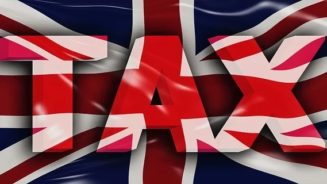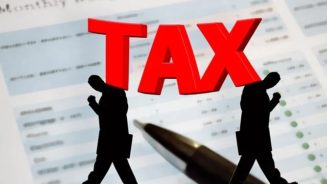After two days of questioning, Ramon Fonseca Mora and Jurgen Mossack were detained by prosecutors in Panama on 9 February.
The pair have been denied bail as they have been deemed flight risks.
They are being held as part of a probe into corruption and bribery allegations involving Brazilian construction group Odebrecht, which has admitted paying $1bn (£800m, €943m) in bribes to obtain contracts in 12 different countries, reports the BBC.
There is information which “allegedly identifies the Panamanian firm as a criminal organisation that is dedicated to hiding assets or money from suspicious origins,” Panama’s attorney general, Kenia Porcell, said.
Legal defence
Their defence lawyers confirmed that they will remain in custody, reports The Guardian.
Elías Solano, for Fonseca, dismissed evidence against his client as “weak” and said: “It does not seem too difficult to show the lack of foundation to these allegations.”
Mossack’s lawyer Marlene Guerra told reporters he had been refused bail because “there is a risk of flight from the country, due to the financial means of our clients”.
Office closures
Mossack Fonseca closed one of its two offices in Luxembourg days before founders Mossack and Mora were arrested, reports local newspaper Luxemburger Wort.
According to the Luxembourg business registry, Mossack Fonseca S.à.r.l was dissolved on 2 February 2017.
The law firm’s second office, Mossfon Luxembourg S.à.r.l, is understood to still be open.
Following the Panama Papers leak, Mossack Fonseca closed its offices in Jersey, Gibraltar and the Isle of Man, with the law firm stating that it was part of its strategy to “consolidate the office network”.
Panama Papers
Mossack Fonseca came to worldwide attention in April 2016 when around 11.5 million documents were leaked revealing the offshore holdings of politicians, athletes, and public officials.
The international law firm has denied wrongdoing and said it was the victim of a computer hack.
It also maintained that the information leaked was being misrepresented.




